As a potential consequence of the changes, pupils enrolled in faith-related classes might receive insufficient educational content in different groups each year. This could lead to fewer students choosing religious education, resulting in a significant reduction in the number of religion classes offered, Polsatnews reports. However, according to the national education ministry, the decree on the organization of religious education is legal and will improve the functioning of schools, even granting students more flexibility in organizing their timetables, Deputy Minister Katarzyna Lubnauer was quoted as saying by Dzieje.pl.
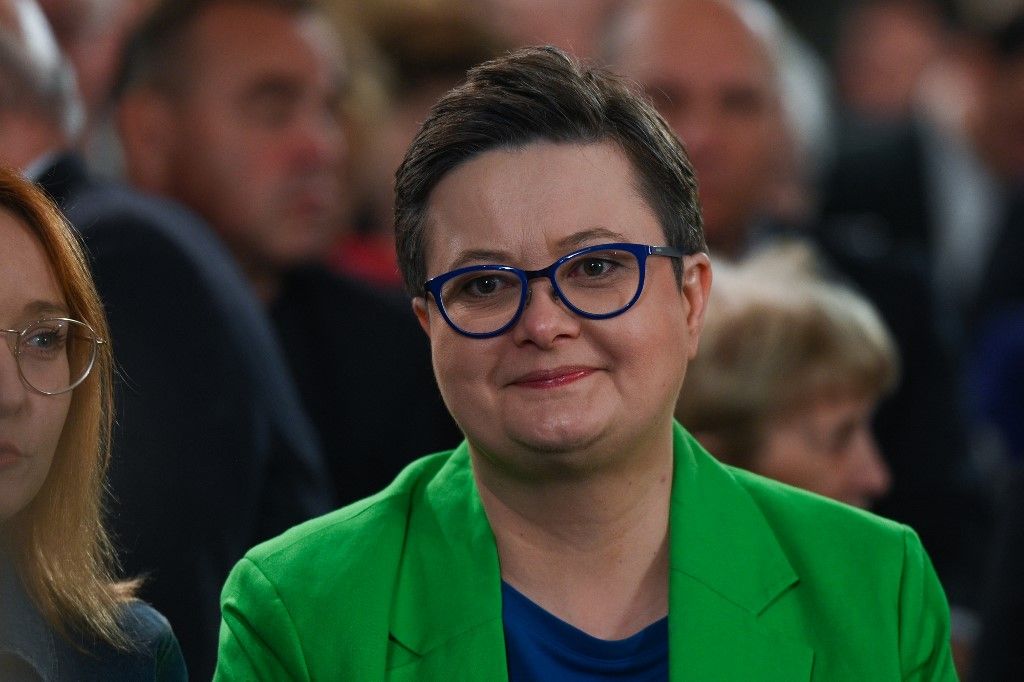
Despite this, the First President of the Supreme Court, Małgorzata Manowska, has appealed to the Constitutional Court against the national education ministry's decree on the conditions for organizing religious education classes.
The ministry's new amendment has been criticized for, among other things, violating the principle of the established regulation of the relationship between the state and the churches, and for potentially preventing the teaching of religious education in accordance with the curriculum.
The Constitutional Court has also been asked to suspend the application of the contested provisions. "The decline in the number of pupils attending religious education classes, the shortage of catechists, and the growing problem of having to teach in two shifts, especially in urban areas, is a phenomenon that required an urgent response from the education minister," the ministry states in its report.
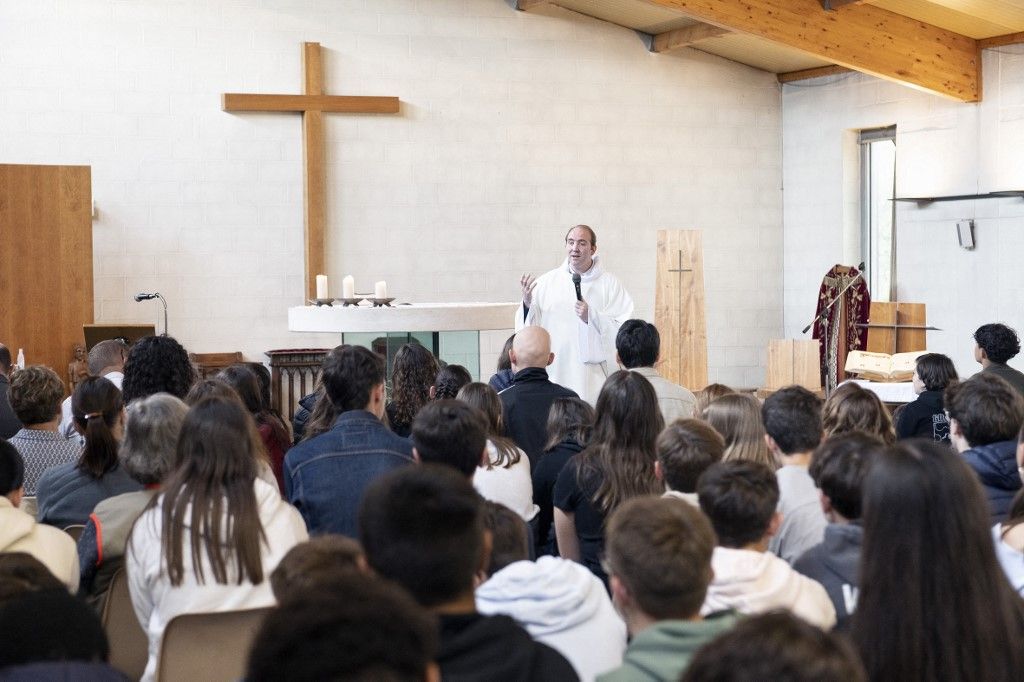
According to the state secretary in charge of education, the new regulation will give school directors greater flexibility in scheduling and organizing classes in ways that are most beneficial for students. Being aware of the specific needs and characteristics of their local communities, directors are best suited to determine whether—and to what extent—they will utilize the possibilities offered by the regulation. Mr. Lubnauer noted that the regulation will come into force after May 31 next year, so it will not affect the operation of schools in the 2024/2025 academic year.
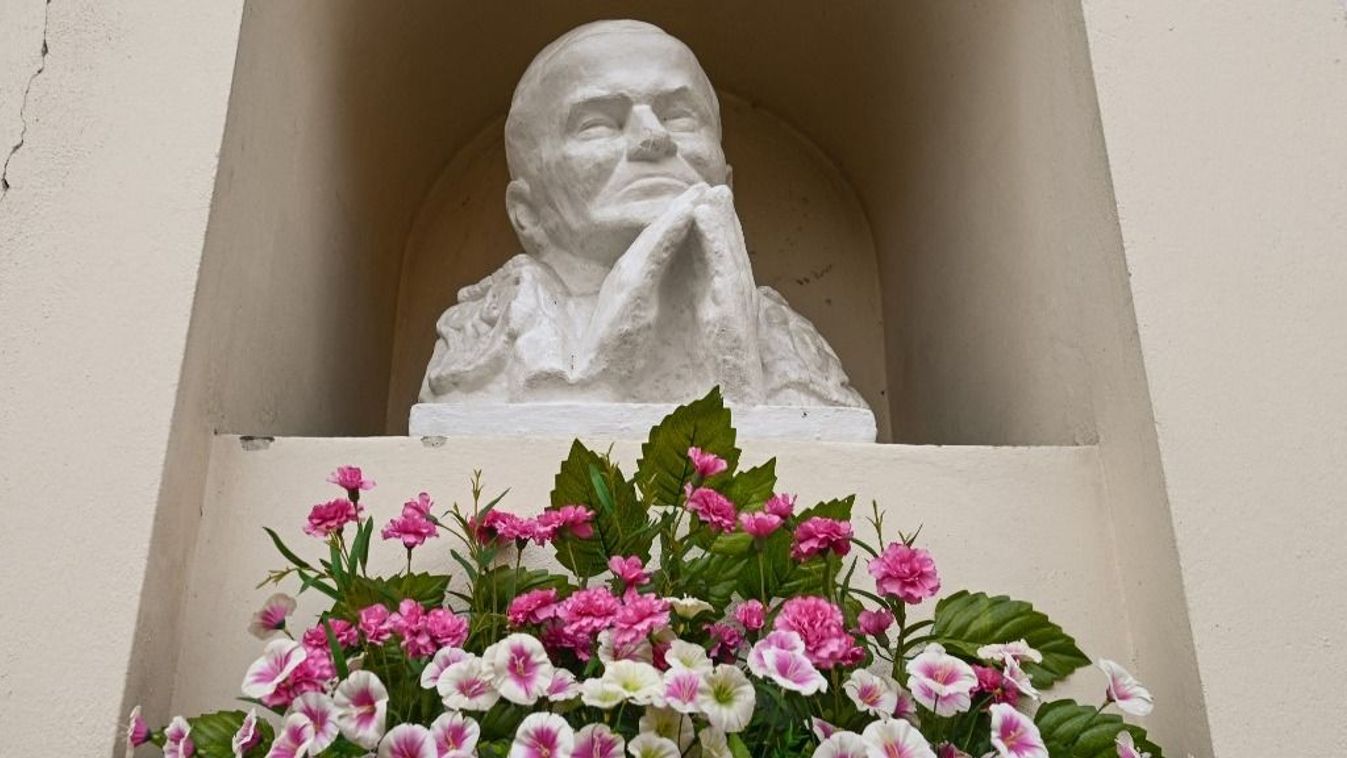





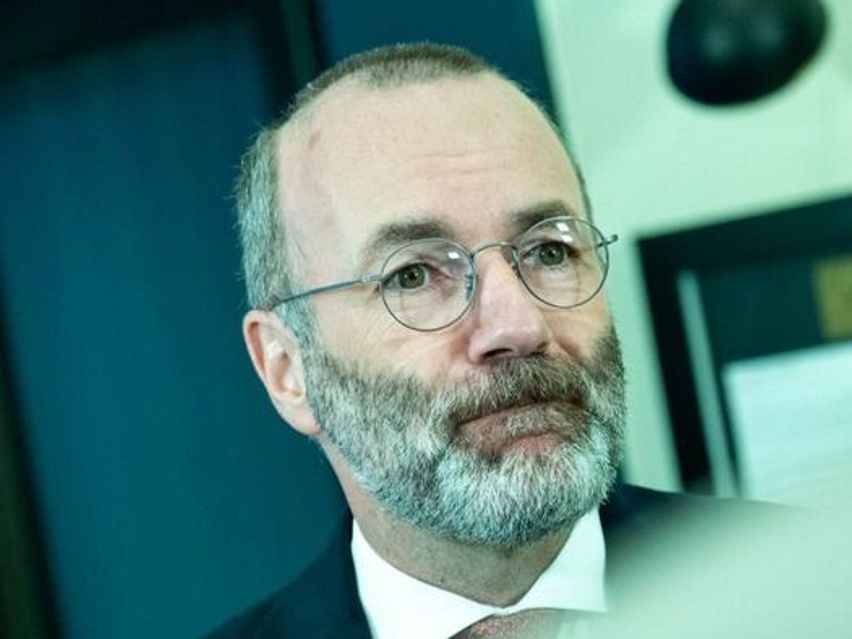






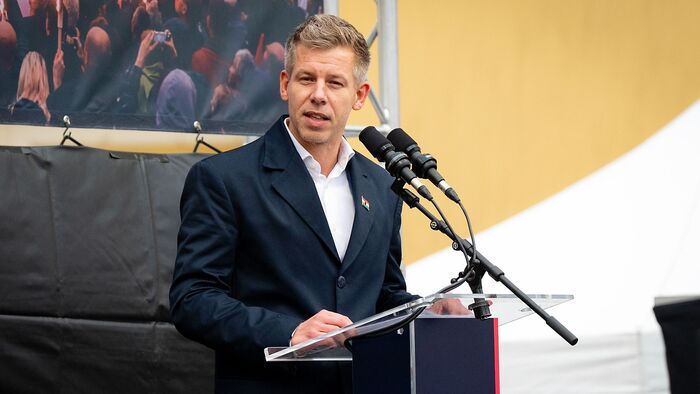



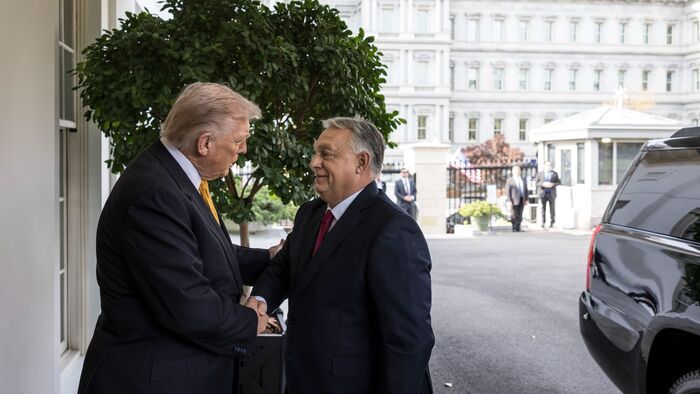





Szóljon hozzá!
Jelenleg csak a hozzászólások egy kis részét látja. Hozzászóláshoz és a további kommentek megtekintéséhez lépjen be, vagy regisztráljon!